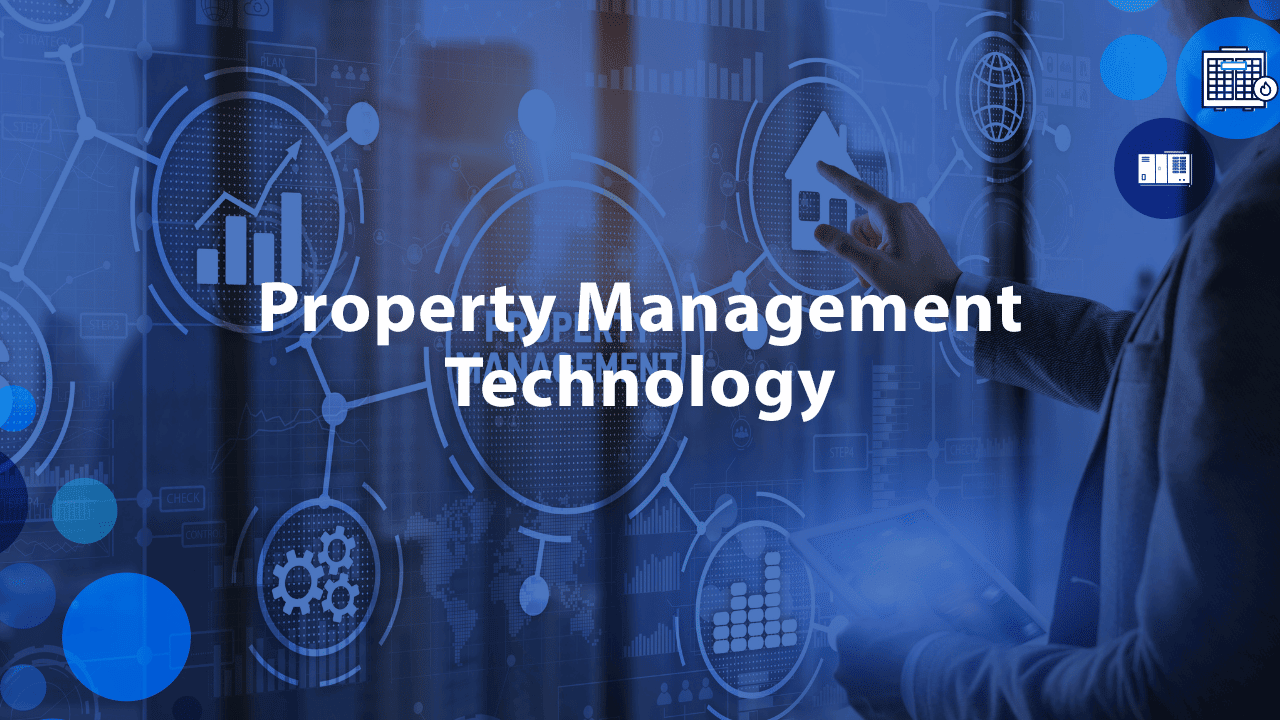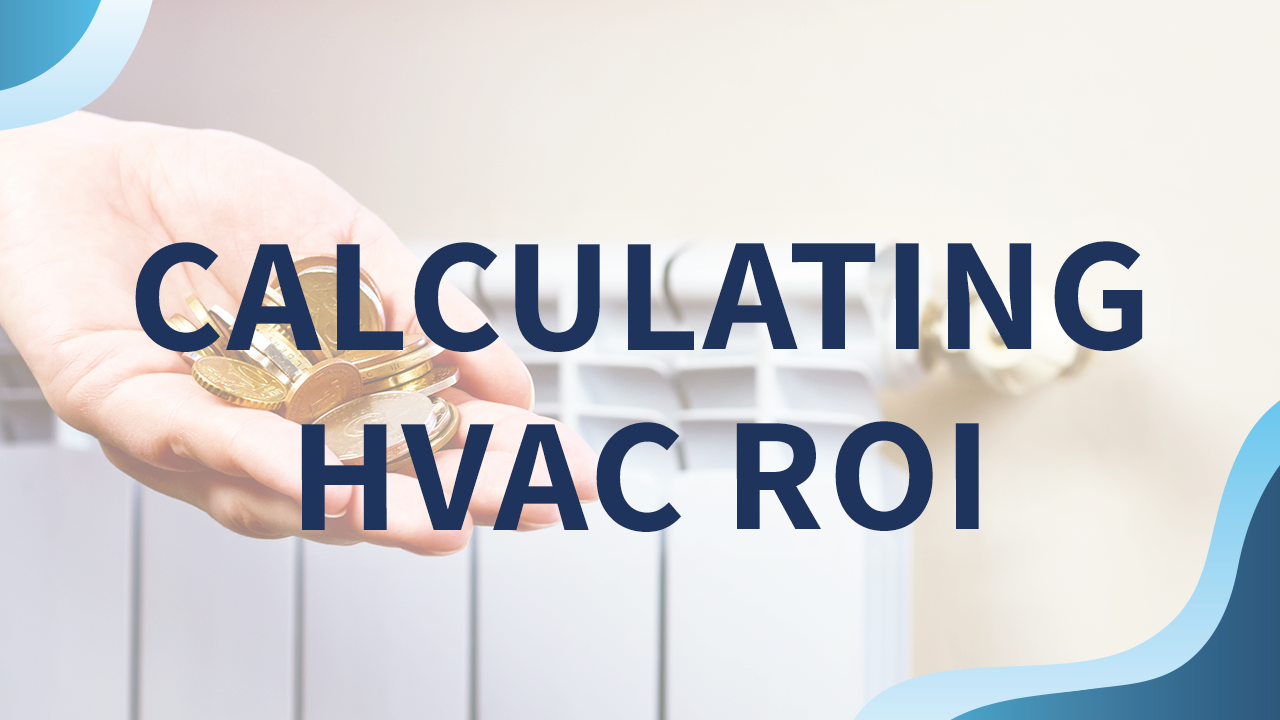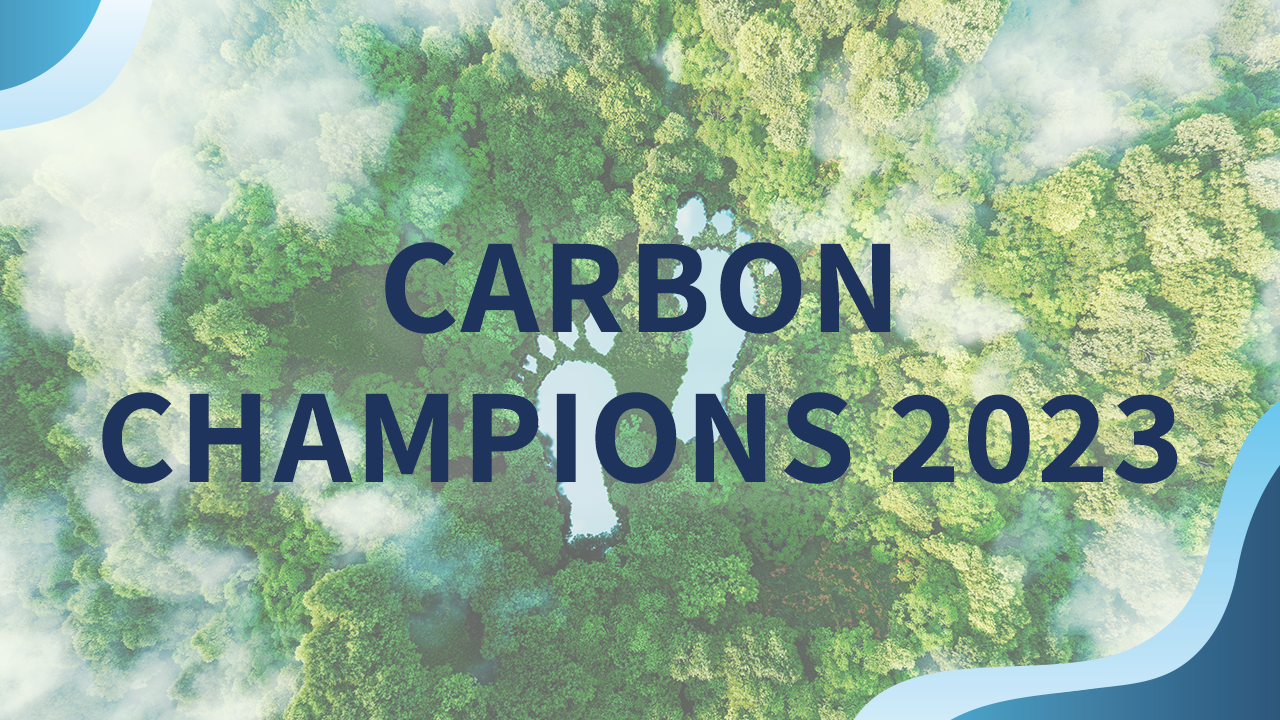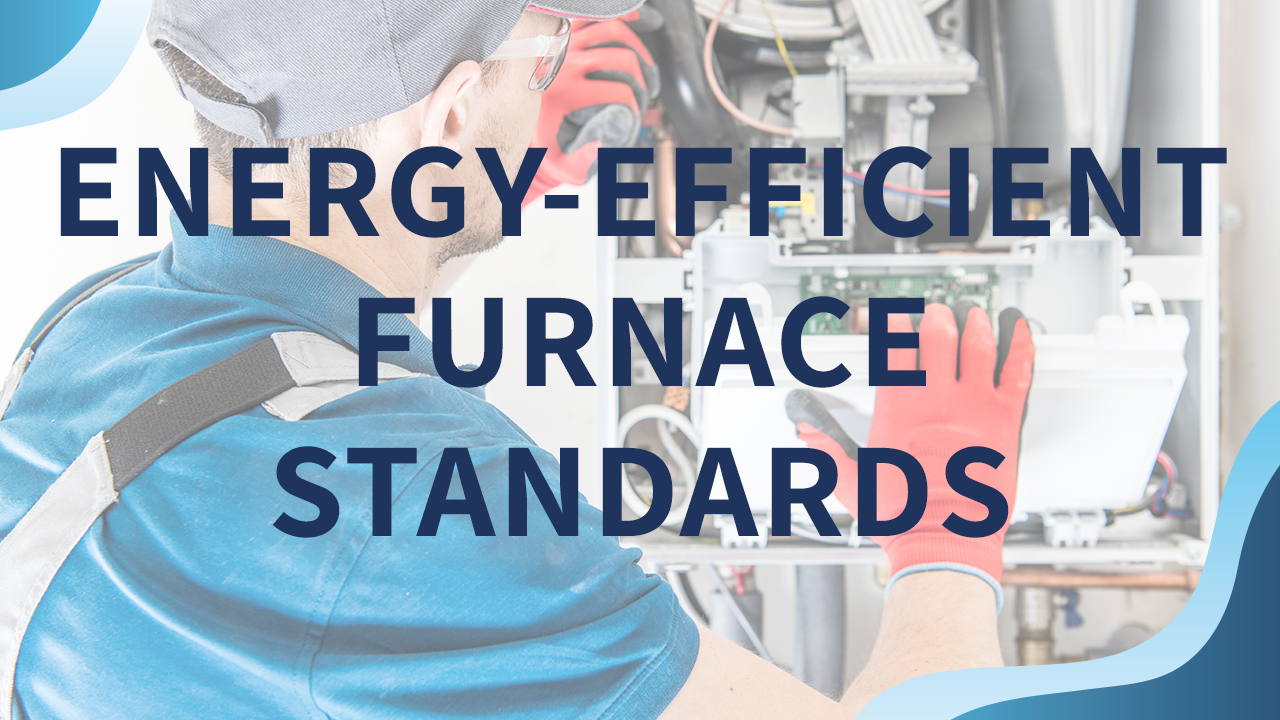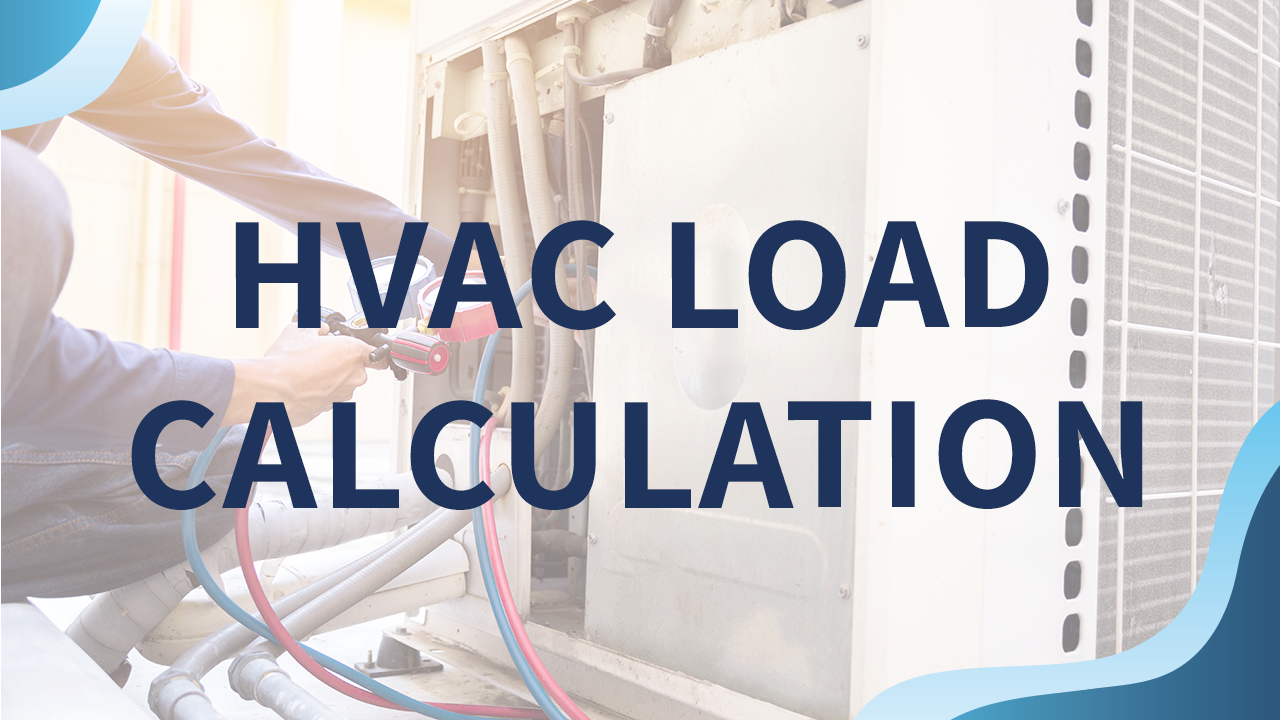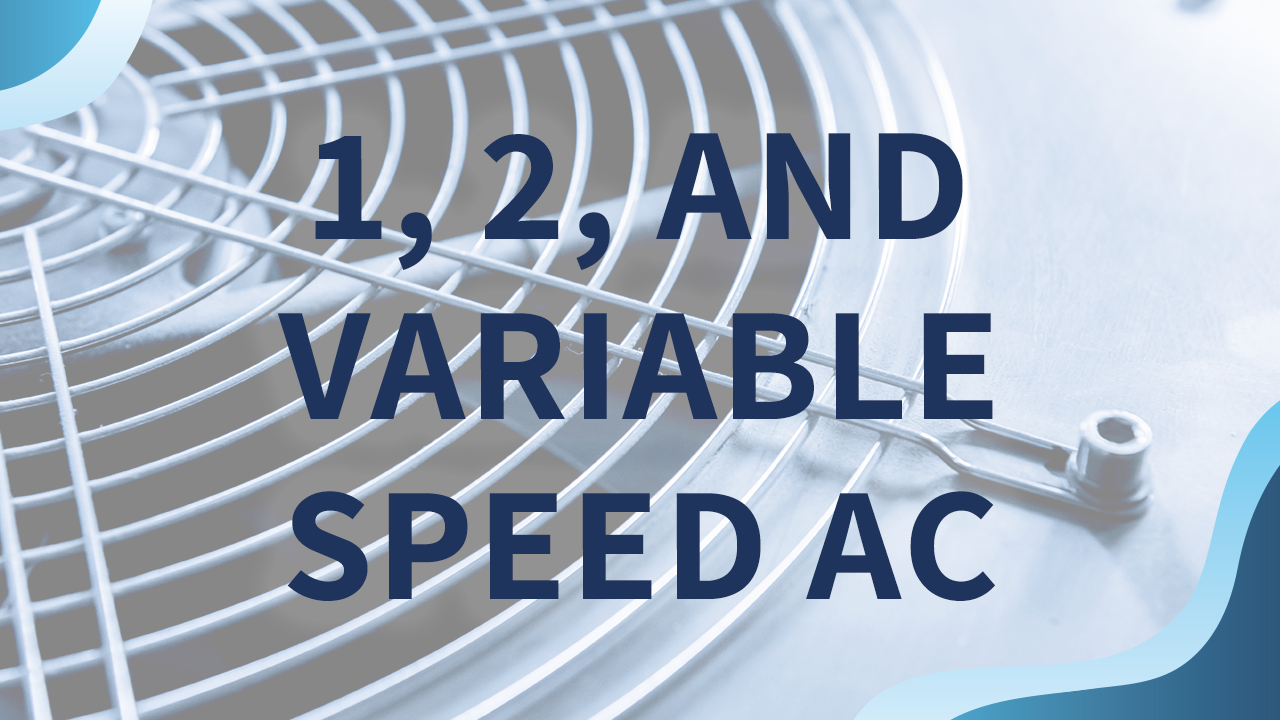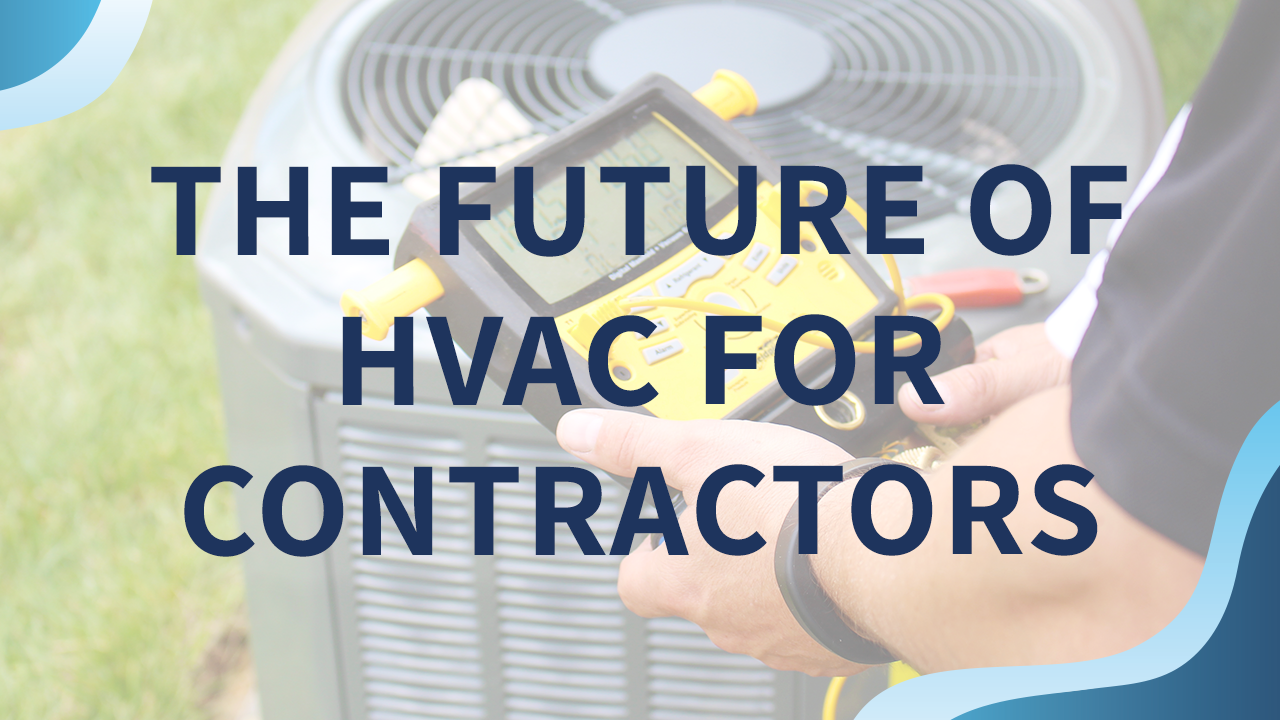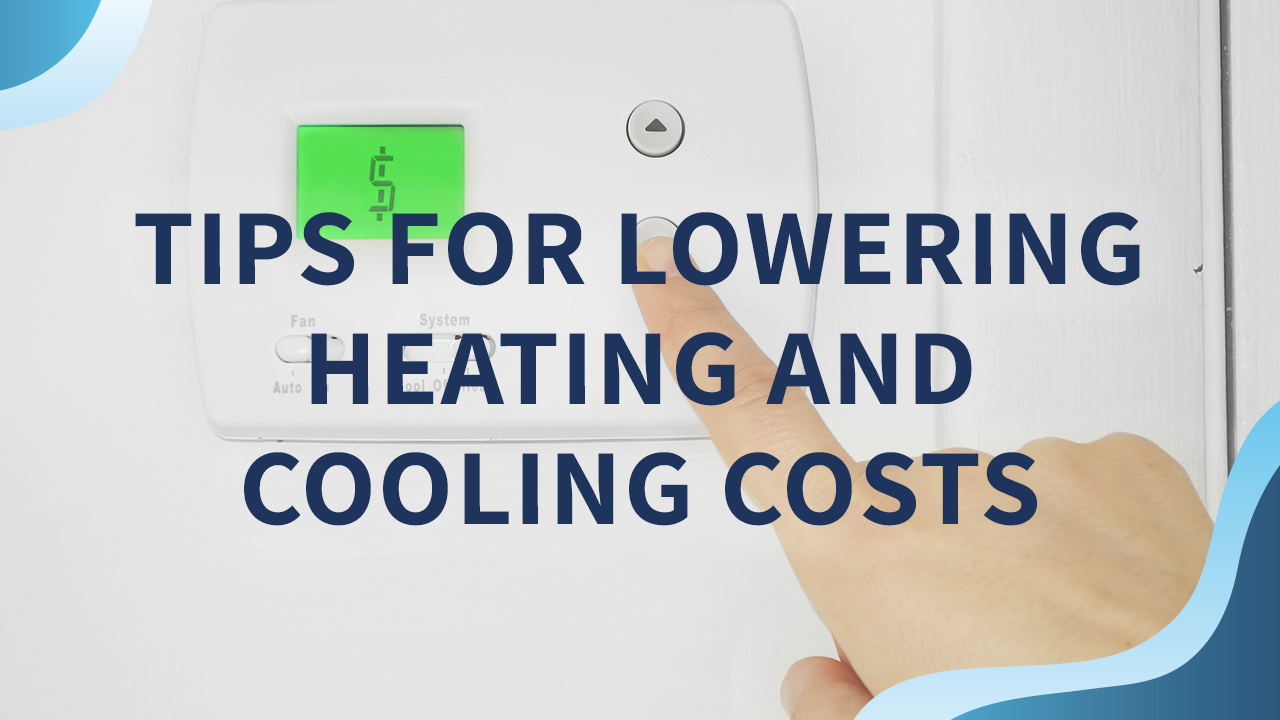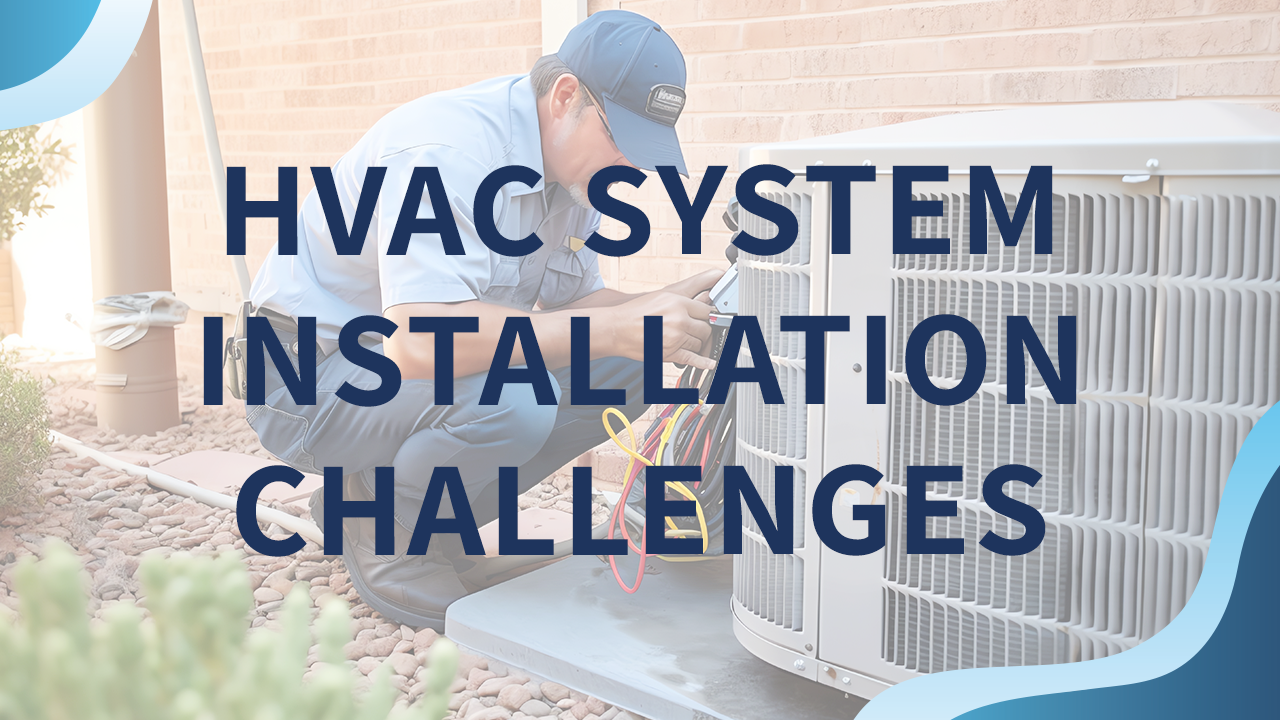The HVAC industry stands at the brink of a technological revolution, with innovations that promise to redefine comfort, energy efficiency and system management.
Just take a moment to examine HVAC advancements, and it will become clear that the future of HVAC is about more than just heating and cooling spaces. It’s also doing so in the most efficient and environmentally friendly way possible.
Innovations in HVAC Systems
The HVAC industry has witnessed significant technological advancements, revolutionizing climate control and energy efficiency.
Innovations like smart thermostats and AI integration not only enhance user comfort but also contribute to substantial energy savings.
A few key HVAC advancements include:
- Smart Thermostats – The devices offer a new level of personalized climate control. They learn from your daily habits to adjust heating and cooling schedules automatically.
- AI Integration – AI technology predicts when HVAC systems need maintenance. The foresight helps prevent costly breakdowns and extends the lifespan of the equipment.
- Energy-Efficient Designs – Modern HVAC systems are designed to be more energy-efficient. They provide the same level of comfort as older models but use significantly less energy.
- Geothermal Heat Pumps – Geothermal systems employ the stable temperature underground to heat and cool buildings. They are incredibly efficient, reducing energy use by 30% to 60% compared to traditional systems.
- Variable Refrigerant Flow Systems – VRF technology allows for precise temperature control in different zones of a building. It operates quietly and efficiently, reducing energy consumption and costs. This system is ideal for large buildings where different areas have varying climate control needs.
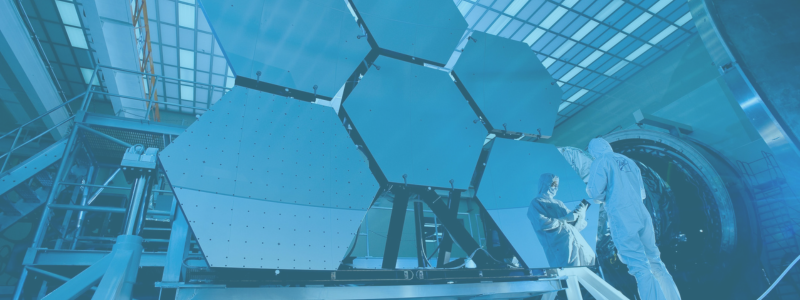

Sustainability Trends in HVAC
The drive for sustainability within the HVAC industry has led to a series of groundbreaking innovations, marking a pivotal shift towards eco-friendly practices.
Solar power, in particular, has become a popular choice for powering HVAC units, significantly diminishing the reliance on fossil fuels.
The transition to eco-friendly HVAC not only contributes to a substantial reduction in greenhouse gas emissions but also supports the broader global initiative to mitigate climate change effects.
In addition to solar power, other renewable sources like wind energy and geothermal power are being explored and incorporated into HVAC designs.
The systems harness renewable natural resources to cool and heat spaces, offering a cleaner alternative to traditional methods.
High-efficiency units often come with Energy Star ratings, which indicate their compliance with stringent energy efficiency guidelines set by federal and state environmental agencies.
For consumers and businesses looking to contribute to a greener planet, investing in these sustainable HVAC technologies is a practical step.
Do you plan to embrace sustainability and adopt a greener strategy for your HVAC operations? Consider taking the following actions:
- Evaluate Energy Needs – Conduct an energy audit to understand your current consumption and identify areas for improvement. Doing so will help you choose the most appropriate HVAC system for your needs.
- Seek Renewable Options – Explore HVAC systems that utilize renewable energy sources. Solar-powered air conditioners and geothermal heat pumps are excellent choices for reducing environmental impact.
- Invest in High-Efficiency Systems – Opt for HVAC units with high Energy Star ratings. These systems are more efficient and can lead to significant savings on energy bills over time.
- Regular Maintenance – Ensure your HVAC system is regularly maintained. Proper maintenance can improve efficiency and extend the lifespan of the unit, further contributing to environmental sustainability.
The Role of IoT and Connectivity
The integration of the Internet of Things into HVAC systems represents a significant leap forward in how heating, ventilation and air conditioning systems are managed and optimized.
By connecting HVAC units to the internet, IoT technology enables a level of automation and control previously unattainable, transforming both the efficiency and effectiveness of these systems.
Connectivity allows homeowners and facility managers to monitor and adjust their systems from anywhere in the world, providing convenience and peace of mind.
One of the most impactful benefits of IoT in HVAC is the ability to perform real-time adjustments and conduct troubleshooting remotely.
This means that temperature settings can be optimized for comfort and energy savings without having to be on-site.
For commercial buildings, this flexibility can translate into substantial cost savings, as HVAC systems can be adjusted based on occupancy levels, time of day and other environmental factors.
IoT technology also plays a crucial role in gathering and analyzing data on how HVAC systems are used.
By understanding usage patterns, building managers can make informed decisions about system adjustments, maintenance schedules and even future HVAC investments.
A data-driven approach can lead to significant improvements in energy efficiency, as systems can be fine-tuned to operate only when needed, avoiding unnecessary energy consumption.
Likewise, IoT connectivity facilitates predictive maintenance, a proactive approach that can forecast potential system failures or identify parts that require replacement.
By analyzing data trends, IoT-enabled HVAC systems can alert users to maintenance needs before they result in downtime, ensuring continuous operation and avoiding costly repairs.


Health and Safety Improvements Through Technology
The advent of modern HVAC technologies has marked a pivotal shift in ensuring healthier indoor environments.
Advanced filtration systems, for instance, are capable of trapping a wide array of airborne particles, including dust, pollen, and other allergens, significantly improving the air quality within homes and commercial buildings.
The systems use high-efficiency particulate air (HEPA) filters, which meet strict standards for air purification, capturing particles as small as 0.3 microns with a 99.97% efficiency rate.
UV light sanitization adds another layer of protection by using ultraviolet light to neutralize bacteria, viruses, and mold that can circulate through HVAC systems.
The technology, often used in hospitals and healthcare settings, is becoming increasingly popular in residential and commercial HVAC systems as a means to maintain a sterile environment.
By incorporating UV light sanitization, HVAC systems can help reduce the spread of infectious diseases and contribute to a healthier living and working space.
Likewise, the integration of smart HVAC technologies allows for better control over humidity levels, which is crucial in preventing the growth of mold and mildew.
Maintaining optimal humidity levels not only protects the structural integrity of buildings but also contributes to a more comfortable and health-friendly environment.
Such technological advancements underscore the HVAC industry’s commitment to enhancing public health and safety through improved indoor air quality.
Cost-Effectiveness and ROI of Modern HVAC Technologies
Investing in advanced HVAC technologies can lead to significant financial benefits in the long run.
Energy-efficient designs, such as those found in modern HVAC systems, operate with greater efficacy, using less energy to heat or cool spaces. This reduction in energy consumption directly translates to lower utility bills, offering substantial cost savings over time.
Systems equipped with predictive maintenance capabilities also utilize sensors and AI to forecast potential issues, allowing for timely interventions that prevent costly repairs and extend the system’s operational life.
The return on investment extends beyond mere financial savings. Enhanced comfort levels and improved air quality contribute to a healthier and more productive living and working environment.
For businesses, this can mean fewer sick days and higher employee satisfaction, which indirectly boosts profitability.
Property owners who invest in these technologies can also benefit from increased property values, as energy-efficient and technologically advanced homes and buildings are highly sought after in the real estate market.
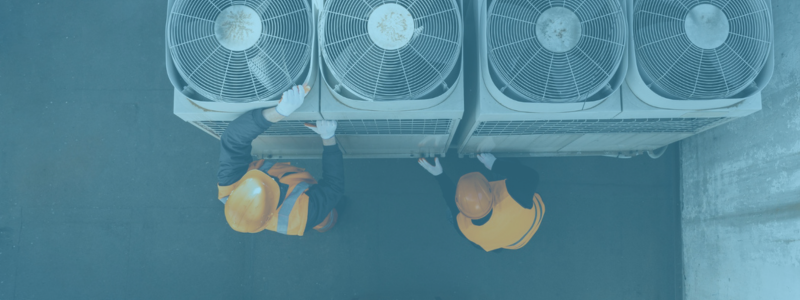

Motili: At the Forefront of HVAC Technological Advancement
Motili’s leadership in the HVAC industry is evident through its proactive adoption and integration of cutting-edge technologies.
The company’s use of smart thermostats provides clients with intuitive control over their heating and cooling systems, optimizing energy use and enhancing comfort without manual intervention.
AI and IoT technologies further distinguish Motili’s services, enabling predictive maintenance and efficient system management that preempt disruptions and minimize energy waste.
Motili’s commitment to sustainability is reflected in its choice of energy-efficient HVAC solutions that not only reduce operational costs for clients but also contribute to environmental conservation.
By leading with innovation, Motili not only sets new standards in the HVAC industry but also demonstrates how technological advancements can create more efficient, sustainable and healthy living spaces.
